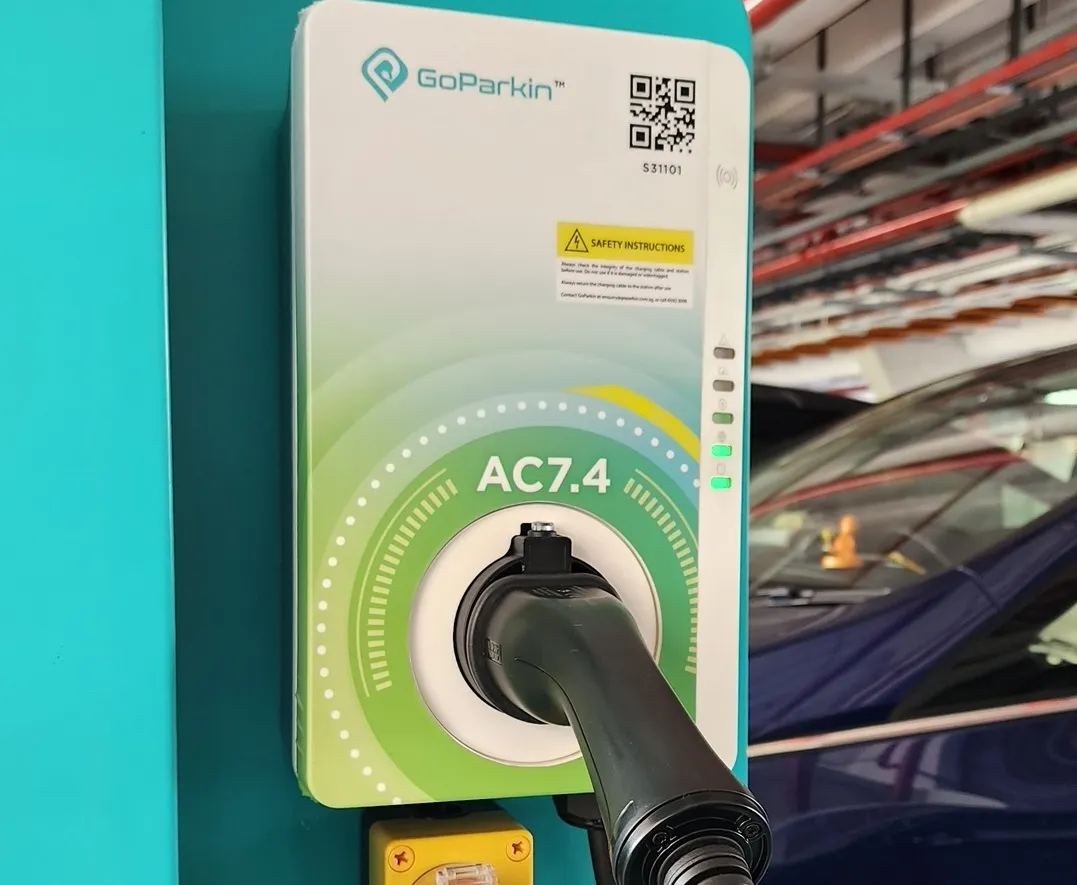InstaRyde (IR) has launched a ride-sharing service in Toronto which it claims will only take 99c from drivers and provide app users with a 20% reduction in charges as part of its aim to create a community of ride-sharing enthusiasts. According to the company, 25% of proceeds will be donated to a local charity partner for each ride in December 2017.
November 28, 2017
Read time: 1 min
InstaRyde (IR) has launched a ride-sharing service in Toronto which it claims will only take 99c from drivers and provide app users with a 20% reduction in charges as part of its aim to create a community of ride-sharing enthusiasts. According to the company, 25% of proceeds will be donated to a local charity partner for each ride in December 2017.
IR stated that the new drivers it is hiring could benefit from a $300 (£224) bonus for completing 50 rides in 30 days, up to $1,000 (£749) in additional bonuses and $100 (£74) for each driver referral. Incentives for riders include free rides and gifts for using the service.










